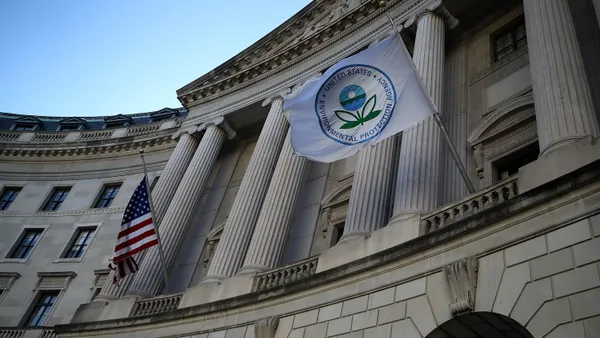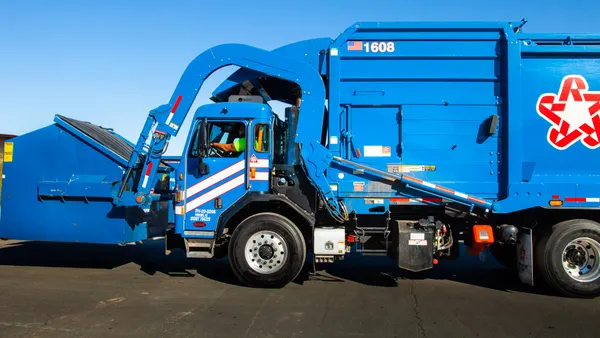UPDATE: June 28, 2018: New York Council Member Robert Cornegy Jr. has formally released his bill, Intro. 996, in the latest move to deter city efforts around a zoned collection system.
The current legislation would grant more authority to the Business Integrity Commission around labor and safety requirement, while maintaining "customer choice."
While some of the provisions around tracking environmental metrics or mandating technology remain vague, the bill does include mandatory annual safety training as a condition of license approval, a minimum $2 million insurance policy, details about subcontracting, and multiple new reporting requirements. The bill also calls for the formation of task force appointed by city officials from various offices to review all existing laws and rules in this area.
The legislation — co-sponsored with two other members — was rolled out with support from Laborers Local 108, an op-ed in Crain's New York and a rally on the steps of City Hall. Reaction from supporters of a zone collection system has been swift and negative. Continued public jockeying can be expected ahead of the city's next franchise meeting on July 12.
Dive Brief:
- A bill set to be introduced in the New York City Council is expected to provide the first formal counter-proposal to the Department of Sanitation's (DSNY) commercial waste zoning plan. As first reported by Politico, the legislation comes from Council Member Robert Cornegy Jr. and promises to set new goals for reform within two years.
- According to an outline reviewed by Waste Dive, this bill would maintain New York's current open market system while establishing a task force to assess existing laws and standards. That could include rethinking current regulations around routing, vehicle emissions and recycling to help better achieve city goals.
- The bill is also expected to include language about mandatory training, wage standards, safety technology and an investment fund for processing infrastructure. Final text is currently under review by council staff and could be formally introduced as soon as this week.
Dive Insight:
The multi-year debate over reforming New York's commercial waste industry continues to heat up. A specific city proposal is expected to come into focus this summer and business opposition has become more organized in the meantime. This includes mounting public support for the industry's open market position from chambers of commerce, real estate groups and retail trade associations.
As it stands, DSNY has come out in favor of a non-exclusive system with 15 or more zones serviced by multiple companies. To operate within this system, companies would have to meet a long list of labor, environmental and other requirements. The overarching vision is that a more organized routing structure could reduce vehicle emissions, while also improving the quality of service and conditions for the workers providing it.
DSNY's non-exclusive proposal was seen as a unique compromise between what some view as a current open market free-for-all and a traditional franchise setup where customers would have no choice between companies. So far, that proposal has received skeptical reactions from all sides, with many hoping it could still change when official details are released in the coming months.
Until Cornegy's bill is formally introduced and information on co-sponsors is made public, it is unclear whether this will amount to much more than an effort to redirect the narrative or derail the DSNY process. Reports indicate that he has spent more time in discussion with local business groups than city agencies or fellow council members who support a zone collection system.
If the bill does have staying power, it could make for an interesting counterpoint to city-backed legislation expected from Council Member Antonio Reynoso. For example, DSNY's current plan doesn't include any type of franchise fee or other funding mechanism for the type of infrastructure investment currently playing out in Los Angeles. The bill could also reinforce ongoing questions about the true potential of emissions reduction in a non-exclusive system and whether similar goals could be achieved by emphasizing current subcontracting options.
Adding further complexity to the New York commercial waste reform discussion, Reynoso has scheduled a June 11 hearing about a multi-year effort to reduce transfer station capacity. ProPublica's latest investigation of industry oversight and working conditions also dropped this week.
Both will raise more questions about current oversight for local companies and just how much regulatory change it may take to bring all of their operations into a new era.









